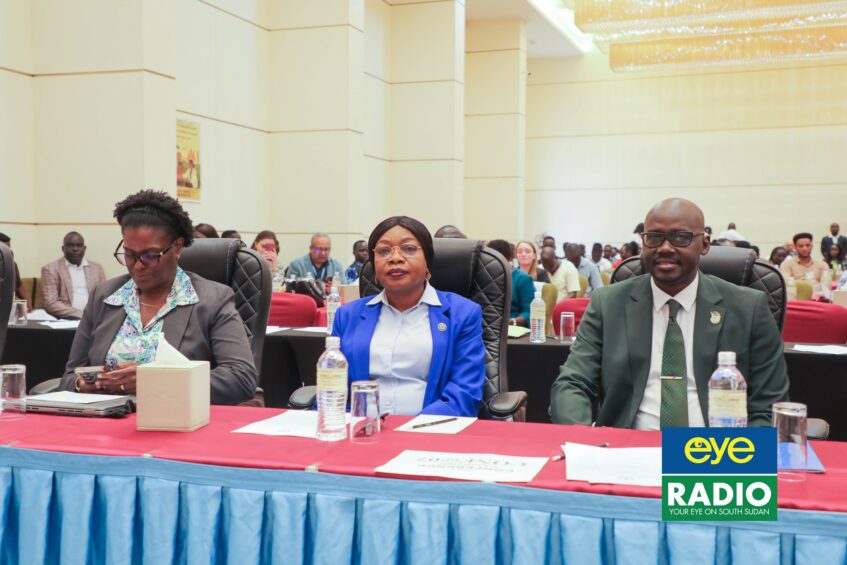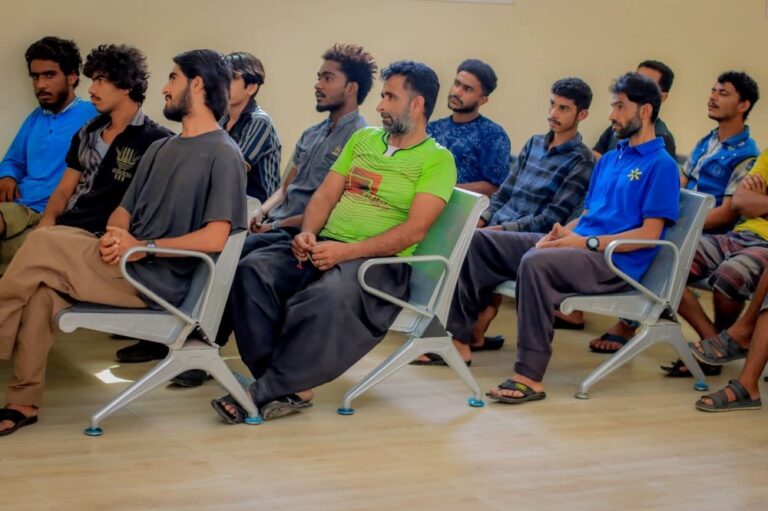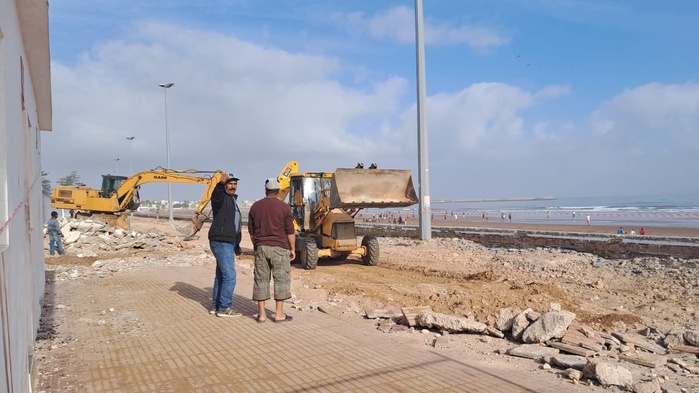
Author: Lasuba Memo | Published: 3 hours ago
Health Minister Sarah Cleto-middle|By Moses Awan
Health Minister Sarah Cleto Rial has called for urgent national attention to mental health, warning that decades of conflict, displacement, and hardship have left nearly every South Sudanese affected by trauma—a crisis prompting a new five-year national strategy launched Thursday in Juba.
Speaking at the launch of the Mental Health and Psychosocial Support Strategic Plan 2025–2029 in Juba on Thursday, Rial said the country’s long history of conflict, displacement, inter-communal violence, and economic hardship has left lasting psychological wounds across generations.
“All of us here were born during conflict and grew up during conflict,” Rial said. “It’s not just a small level of trauma—we are all traumatized. No one is untouched by the problems in South Sudan. It affects our bodies, yes, but also our minds. Mental health cannot be sidelined. Without addressing it, we cannot achieve universal health coverage.”
The newly launched five-year strategy, introduced under the theme “Access to Mental Health Services During Crises and Emergencies,” is designed to bring mental health to the forefront of the country’s healthcare agenda.
It seeks to integrate mental health services into primary healthcare systems, expand the training and deployment of mental health professionals, and ensure services are accessible to people across all states and counties, regardless of location or background.
Rial emphasized that the psychological burden in South Sudan is compounded by ongoing displacement, including the arrival of people fleeing conflict in neighboring Sudan.
She said this reality makes it even more urgent to develop a coordinated, inclusive mental health response that reaches vulnerable populations in both urban and rural areas.
She added that the plan will rely on increased government funding and stronger collaboration between ministries, including those responsible for education, justice, defense, social services, and interior affairs.
The Ministry of Health, she said, will ensure that appropriate human, financial, and infrastructural resources are allocated to support implementation.
Policies, guidelines, and professional standards will also be developed to strengthen mental healthcare delivery at every level.
Beyond systems and services, Minister Rial urged communities to reflect on how personal relationships and everyday interactions impact mental well-being. She said change must also begin within households and social circles.
“It starts at home,” she said. “The way the husband treats the wife, the way the mother treats the children—it all has an impact. What we can start to do differently is how we treat one another, how we speak, and how we care. In the poem shared by the young girl, love was placed above all. Our health system must rise to this challenge.”
The strategy is expected to begin with a phased rollout in selected counties, followed by a national scale-up in close coordination with state governments and development partners.
“There is no irrelevant line ministry when it comes to mental health,” Rial said. “This is a shared responsibility, and our future depends on how we respond now.”
SPLM leadership rallies to forge new strategy












